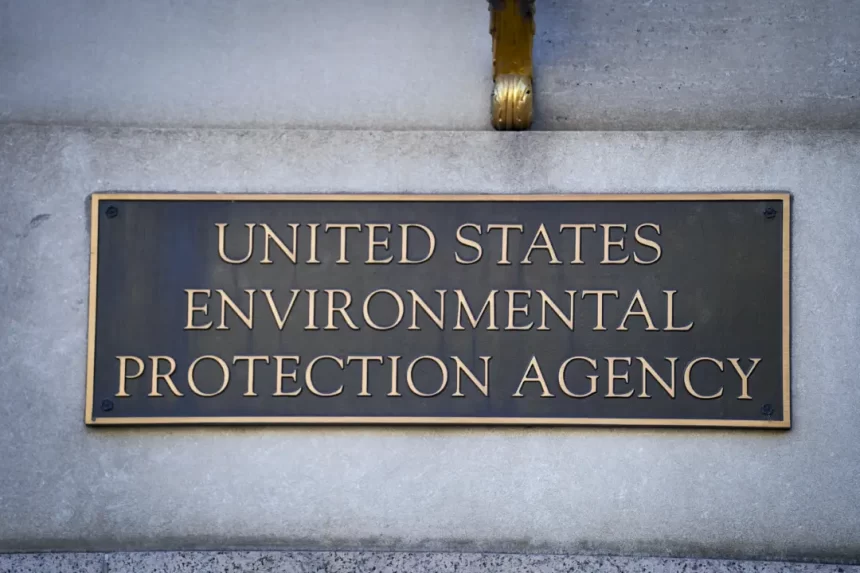Vinyl chloride was one of the toxic substances spilled during a train derailment in East Palestine, Ohio in 2023. The U.S. Environmental Protection Agency (EPA) has proposed vinyl chloride, along with four other chemical substances, for risk evaluation and possible designation as high priority under the nation’s chemical safety law. These substances, including acetaldehyde, acrylonitrile, benzenamine, and MBOCA, are used in the manufacturing and processing of plastics, resins, and other chemicals.
Vinyl chloride, known to be linked to liver, brain, and lung cancer, was chosen by the EPA for review following the train derailment incident. The EPA has the authority under the Toxic Substances Control Act of 1976 to impose strict regulations on substances classified as high priority, including reporting, record-keeping, testing requirements, and other restrictions.
Assistant administrator Michal Freedhoff emphasized the importance of studying these harmful chemicals to enhance health and environmental protections in communities. If designated as high priority, the EPA will conduct evaluations to determine if these substances pose unreasonable risks to human health or the environment. The agency is required to complete the risk evaluation process within approximately three years and take necessary actions to eliminate any identified risks.
Following the EPA’s announcement, environmental advocacy organizations released a report with recommendations for the EPA to consider during its evaluation process. Among the suggestions is for EPA officials to visit communities affected by vinyl chloride to witness the impacts firsthand and engage with residents affected by contaminated water and air pollution.
In February 2023, a train derailment in East Palestine resulted in the spillage of 1.1 million pounds of vinyl chloride. Subsequently, officials initiated a controlled release and burn from overturned rail cars, generating a fireball and a plume of black smoke containing harmful chemicals visible for miles. Local residents reported the deposition of toxins into their land and water, with lingering effects even a year after the incident.
Source link






